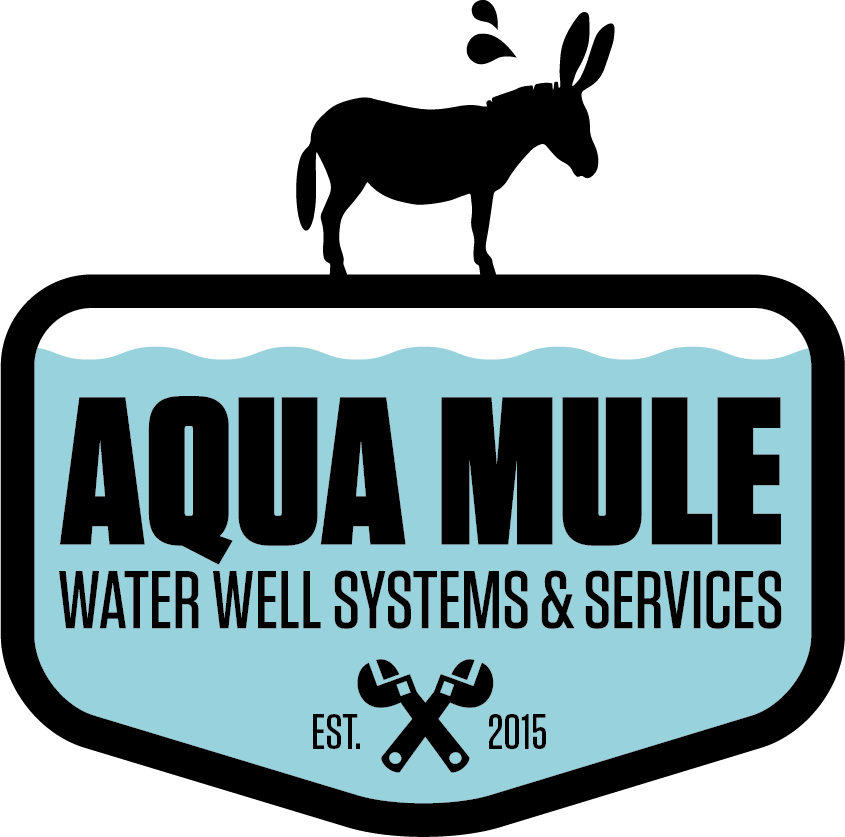Frequently Asked Questions
What should I do if I have no water?
Phone us to schedule a service call. We also offer emergency services (based on our availability). 403-931-2991
How do I know if my water system is operating properly?
You should have reasonably consistent water pressure and volume (this can vary a bit depending on how your system was constructed). And your water should run clean. If there are any irregularities or interruptions, the best thing to do is to schedule a service call. The problem may be simple and inexpensive to repair, or we may need to bring some specialized equipment or run some tests on the well.
Can I drink my water?
Once you know your water is potable, this often comes down to personal preference. Do you like the taste and smell of your water? If not, what don’t you like about it? We need to answer these questions before giving you any recommendations.
But, if your water isn’t clean then you should not drink it. Unclean water may be a sign of an underlying problem.
While it’s uncommon for the water chemistry in your well to change over the years, we do suggest you get regular bacterial testing either through your municipal district (M.D.) or through a private lab. These tests can tell you whether you have any potentially harmful bacteria in your well. If that’s the case, we can get rid of it for you.
How much water do I need?
This depends, of course, on how much water you use. Maybe you have livestock. Maybe you irrigate. Maybe you collect rain water to use on your land, reducing your need for well water. The need for well water can really vary. For example, a so called marginal well (1 gallon per minute or 1440 gallons over 24 hours) is more than enough water to satisfy most households. But it comes down to your particular requirements and designing the proper system to give you the volume and pressure you need from your well. We can help you figure that out and design a system with a cistern storage tank to maximize your well’s output.
What maintenance is required?
A system’s equipment, pumps and tanks can typically run many years with very little or no maintenance. Once you’re familiar with your volumes and pressures, you don’t need service unless and until you notice inconsistencies in volume, pressure or water quality. A number of variables determine what maintenance you may need.
When it comes to filtration, the quality and usage of your water impacts how long the filtration will last. Again, watch for inconsistencies and if you see any, call us right away to check your system. If one component in the system fails, it can lead to the failure of other equipment.
What is the quality of the materials you use? Does it matter and are there industry standards?
When it comes to materials, quality doesn’t always mean longevity. Even the highest quality equipment can be compromised due to “tough water conditions”—things like high mineral content or nuisance bacteria. You’ll find that warranties and customer support are generally better with better quality equipment. Trusted brands such as Grundfos, Schaefer, Franklin, Well-X-Trol and Ritchie are built with high quality components. Choosing appropriate materials will help ensure your system lasts its maximum life span. Following local plumbing and wiring codes is important to maintain safety, not to mention good relationships with local trades and inspectors.

